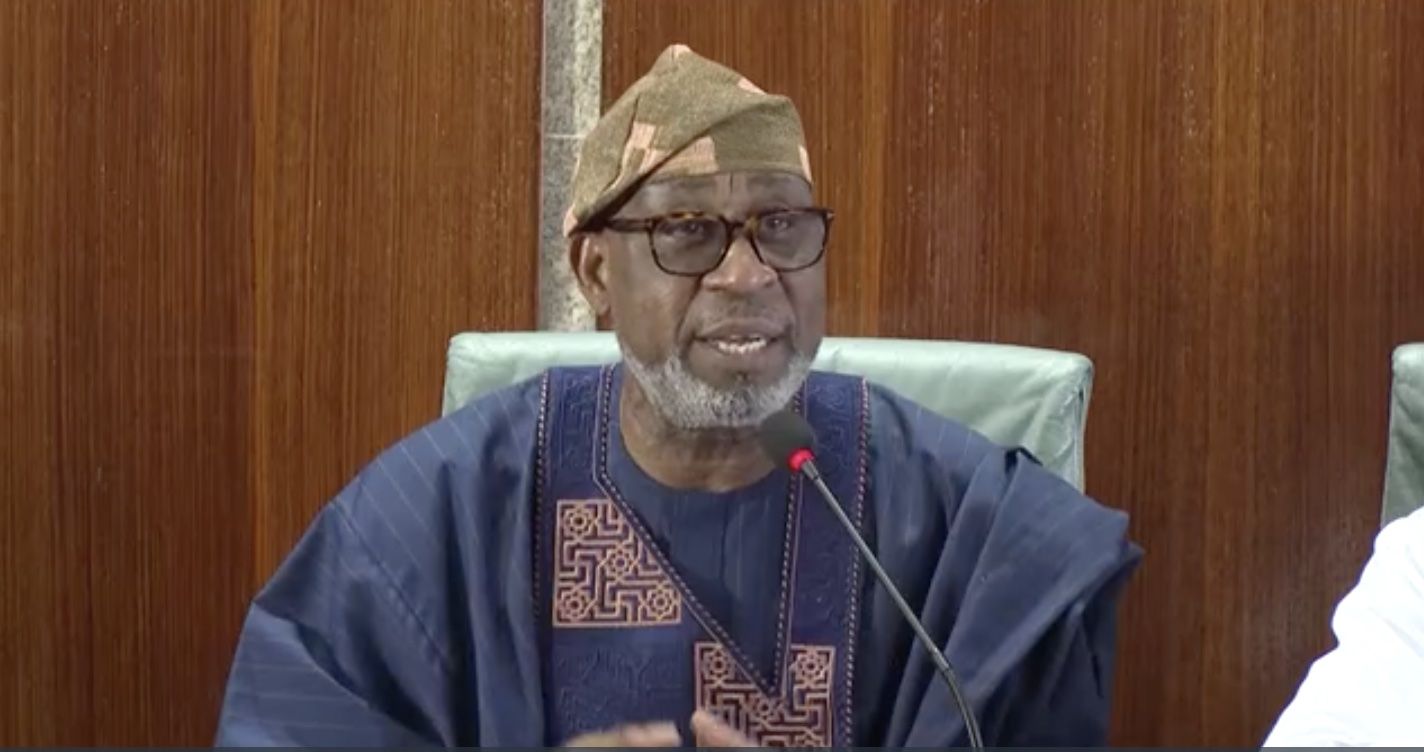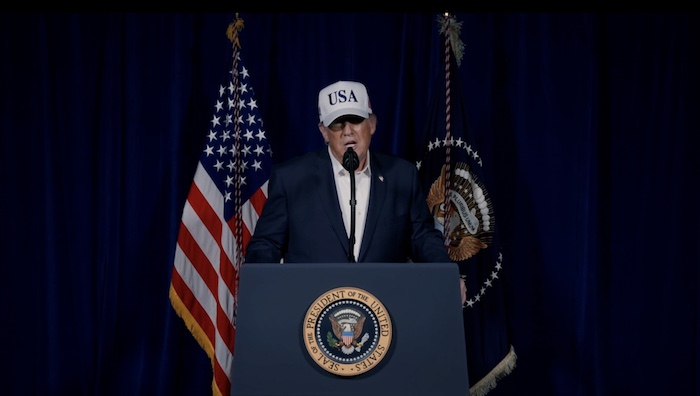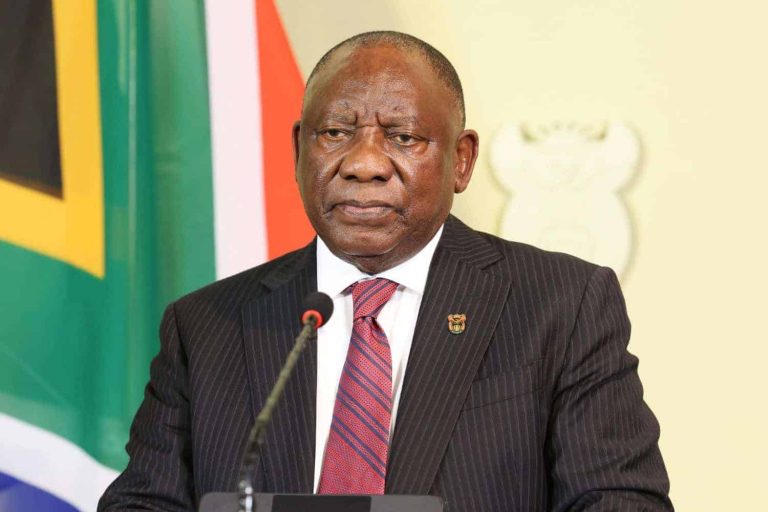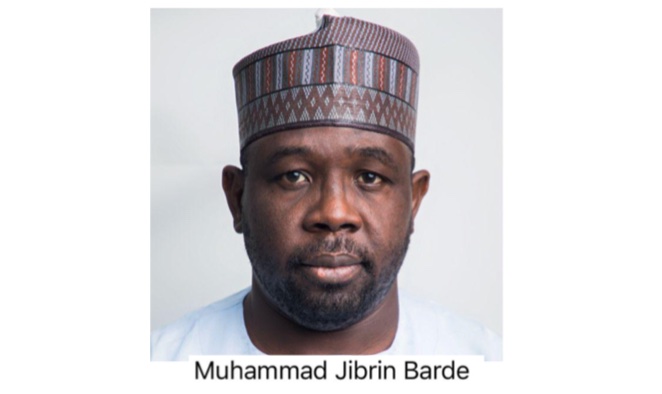
Screenshot
The Federal Government has vowed to intensify its ongoing overhaul of the solid minerals sector, warning that more mining licences will be revoked as part of its commitment to sanitise the industry and restore investor confidence.
Director-General of the Mining Cadastre Office (MCO), Obadiah Nkom, made this known on Thursday during a live conversation hosted on X (formerly Twitter), themed “A Deep Dive into the Mining Cadastre Office: Driving Transparency and Order in Nigeria’s Solid Minerals Sector.”
According to Nkom, the agency has already taken action against over 4,700 licences found to be either expired, inactive, or issued to speculators with no intention of developing the assets. He emphasised that the clean-up is critical to making room for genuine investors and ensuring that legal and financial obligations are strictly enforced.
“This cleaning exercise is about creating space for serious players in the sector,” he said. “We’ve revoked around 4,709 licences, including 1,400 expired titles, 2,338 refused applications, and 971 notifications of grant where applicants failed to make required payments.”
Nkom described the revocation effort not as punitive, but as a strategic move to rid the sector of dormant operators and title hoarders who stifle development.
Licence Speculators and Fraudsters Face Crackdown
He warned that the MCO, in collaboration with security agencies, is also moving against individuals impersonating Cadastre staff to defraud unsuspecting investors. Nkom revealed that formal reports have been filed with the Department of State Services (DSS) and the Economic and Financial Crimes Commission (EFCC) to investigate and prosecute the culprits.
“The days of touts and fraudsters masquerading as our agents are over,” he declared. “These individuals collect money and documents illegally, damaging our reputation and scaring off investors. We are going to bite—and bite hard.”
He added that the Cadastre Office is committed to transparency, and has adopted measures to ensure that only properly registered companies can apply for mineral titles. The agency now integrates directly with the Corporate Affairs Commission’s real-time API, allowing it to verify a company’s registration status before processing any application.
Enforcement Based on Law, Not Politics
Nkom highlighted that the MCO’s revocation process is grounded in law and due process, stressing that the office has recorded 100 per cent success in all litigation related to its enforcement actions.
“Where we’re wrong, we admit it and correct it. But we always follow the law. That’s why our decisions have been upheld in every single court case,” he said.
The Director-General explained that title holders who fail to explore or add value to their licences will face the full force of the law. He clarified that even valid licences are restricted to the specific minerals approved, and that mining outside of that scope constitutes illegal activity.
“If you discover a new mineral, you must apply to add it to your licence—it’s a process that takes only one or two weeks. There is no excuse for operating illegally.”
Background: A Sector Long Plagued by Inactivity and Speculation
Nigeria is home to more than 44 mineral resources spread across over 500 locations, including gold, lithium, limestone, barite, bitumen, coal, and gemstones. Yet, despite this vast natural wealth, the solid minerals sector has contributed less than 1 per cent to the nation’s GDP for decades.
Experts blame poor regulation, illegal mining, widespread speculation, and lack of investor trust for the underperformance of the sector.
The Mining Cadastre Office, established under the Nigerian Minerals and Mining Act of 2007, is tasked with regulating mineral titles and eliminating corruption-prone practices like multiple or discretionary licensing.
Over the years, the system became clogged with thousands of dormant licences, many of them acquired by speculators who hoarded them for profit without any real exploration or development. This not only denied the government revenue but discouraged legitimate investors from participating.
Ministerial Action Under Tinubu Administration
Since assuming office, Dele Alake, the Minister of Solid Minerals Development, has aggressively pursued reforms under President Bola Tinubu’s administration to reposition the sector.
In 2024 alone, 924 licences were revoked for non-payment of statutory fees, with the Minister warning at the time that the government would no longer tolerate “licence racketeering”a practice where individuals secure mining rights over lucrative sites only to resell them or leave them idle.
Last month, Alake also hinted at another round of revocations as the ministry completes its review of fresh dormant licences.
Investor Confidence Rebounding
Despite the sweeping revocation campaign, Nkom said investor interest is growing, both locally and internationally.
“Reforms are working. More foreign investors are entering the space, while local operators are forming cooperatives and taking mining more seriously. The sector is now seen as a major economic driver, not just people breaking rocks,” he said.
He concluded by reiterating that the ultimate goal is to build a transparent, accountable, and investor-friendly mining sector, capable of contributing significantly to Nigeria’s economic growth.



